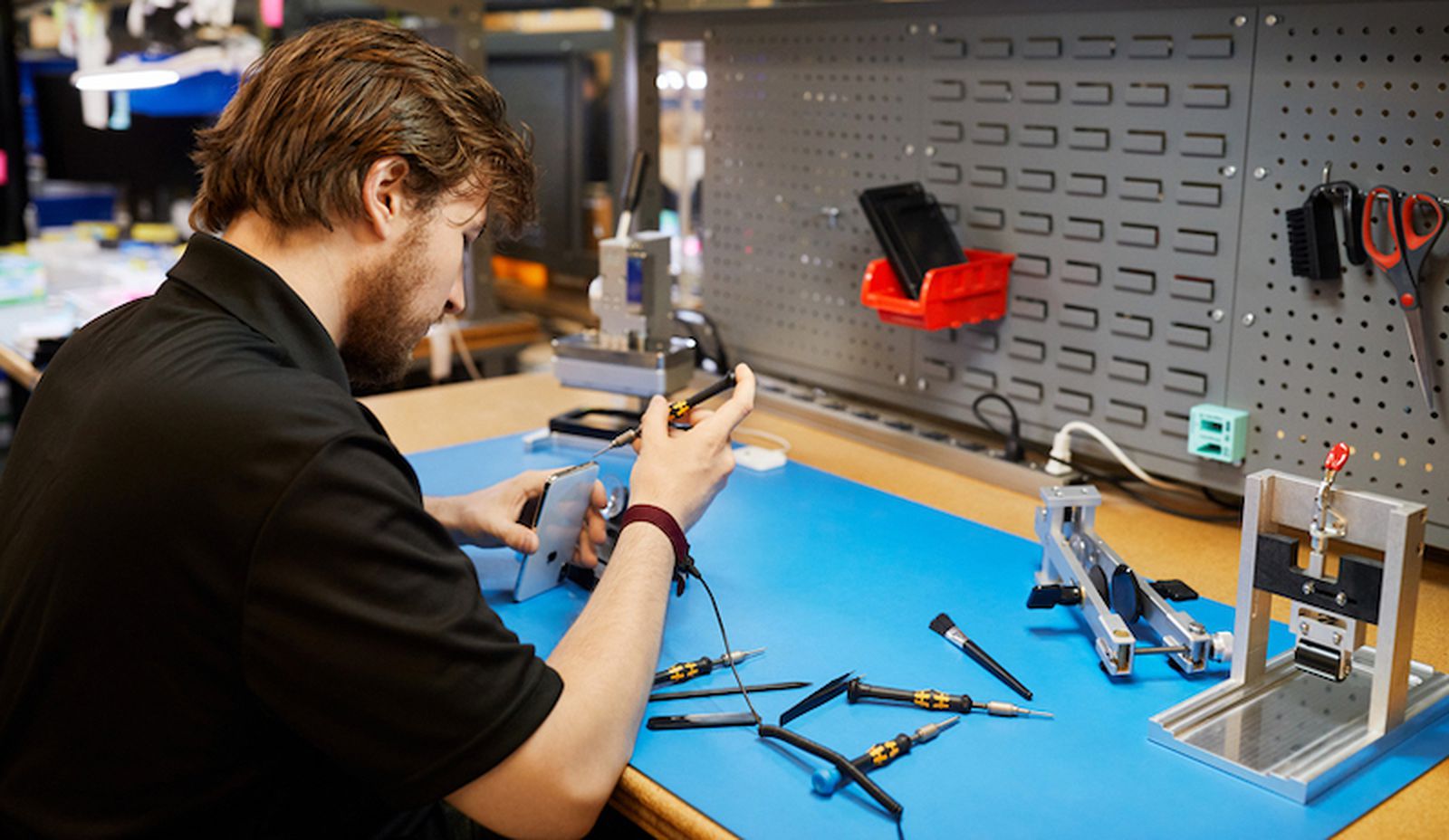What’s the logic here? If someone else does a better job, then Apple doesn’t get those juicy repair profits? I think most of those small shops, JUST like Apple, are looking at making a profit. If they can buy bulk parts for cheap, even though they don’t match what Apple provides, they’ll do it. And that’s fine, Apple just doesn’t want those firms to proclaim “Our work is the same standards as Apple”, that’s all. If Apple’s not even a part of reviewing how they make repairs, then of COURSE they can’t say they’re the same standards as Apple.
Here’s an idea, though. What if they really WERE better than Apple. Better quality parts, better service, better results AND they also warranty their own work better than Apple does? Well, social media would spread the value of their excellent work far and wide and not a single person that visited them would care that they’re not “Apple Certified”, they just want the good service.
But, my suspicion is that a lot of these small shops that have a problem with this already have so much of their business built on non-Apple parts that if they change, they’ll no longer be able to rake in such large profits on repair.
The problem is illustrated easily .
Users buy an expensive Apple product . They want it to last as long as possible . Like a fine car or a building .
Some of their products are superbly designed and manufactured ( eg . most of Apple's workstations ) .
Then things become worn out , dirty or need upgrades to remain viable .
The workstations , properly maintained , can last many , many years . Twenty years is not uncommon .
And yes , they still can do a decent job and provide a wonderful return on investment for the user .
Apple's desire to repair these machines lasts for maybe 5 or 6 years after the last one produced .
So what is an user supposed to do ? Toss the item into a landfill ? How green !
There's where your independent repair shops really shine . And , no , they're not getting rich . So , don't worry please .
I have a rig in for service right now . A Mac Pro 5,1 ( 2010 ) that was unstable . It was packed full of dust and had two broken fasteners on it's CPU Tray's northbridge controller heatsink .
The fasteners are proprietary . They are not available anywhere new . And we need new since all the used fasteners suffer from thermal fatigue . They cost maybe 25 cents each new . Apple won't sell them . Nor would they have repaired the Tray at any time . But they once would have sold the user a brand new CPU Tray for four figures .
Right now I have to build replacement fasteners and my work is pretty good . These are surprisingly complex fasteners , as they are spring loaded with a certain pressure when installed for proper performance .
At the same time , all the chips in that System got re-thermal pasted and other components got re-thermal gapped with materials better than factory original . So , that Tray is mostly better than new in terms of durability .
The service bill is a lot cheaper than a new CPU Tray from Apple , which they won't sell now anyways .
If the client went to an Apple Store with his broken Mac , Apple's recommendation would have been to buy a brand new Mac Pro 7,1 for at least 6K . The client already determined his workflow wouldn't have benefitted enough , to justify the high price .
Right to repair laws would have given me the best , brand new parts from Apple so that my work would have been the best possible in the least amount of time .
These laws ultimately serve the needs of the consumer . They are actually consumer rights laws .


